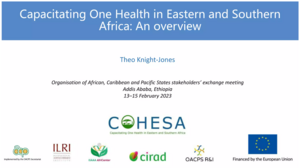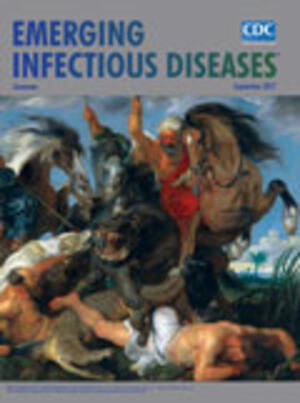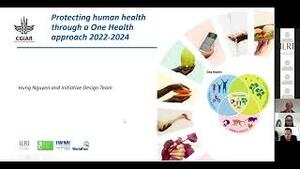
Assessing potential health impacts of waste recovery and reuse business models in Hanoi, Vietnam
Abstract
Objectives In resource-constrained settings, the recovery of nutrients and the production of energy from liquid and solid waste are important. We determined the range and magnitude of potential community health impacts of six solid and liquid waste recovery and reuse business models in Hanoi, Vietnam. Methods We employed a health impact assessment (HIA) approach using secondary data obtained from various sources supplemented with primary data collection. For determining the direction (positive or negative) and magnitude of potential health impacts in the population, a semiquantitative impact assessment was pursued. Results From a public health perspective, wastewater reuse for inland fish farming, coupled with on-site water treatment has considerable potential for individual and community-level health benefits. One of the business models investigated (i.e. dry fuel manufacturing with agro-waste) resulted in net negative health impacts. Conclusions In Hanoi, the reuse of liquid and solid waste—as a mean to recover water and nutrients and to produce energy—has considerable potential for health benefits if appropriately managed and tailored to local contexts. Our HIA methodology provides an evidence-based decision-support tool for identification and promotion of business models for implementation in Hanoi.
Citation
Winkler, M.S., Fuhrimann, S., Phuc Pham-Duc, Cissé, G., Utzinger, J. and Hung Nguyen-Viet. 2017. Assessing potential health impacts of waste recovery and reuse business models in Hanoi, Vietnam. International Journal of Public Health 62(Supplement 1): 7–16.










